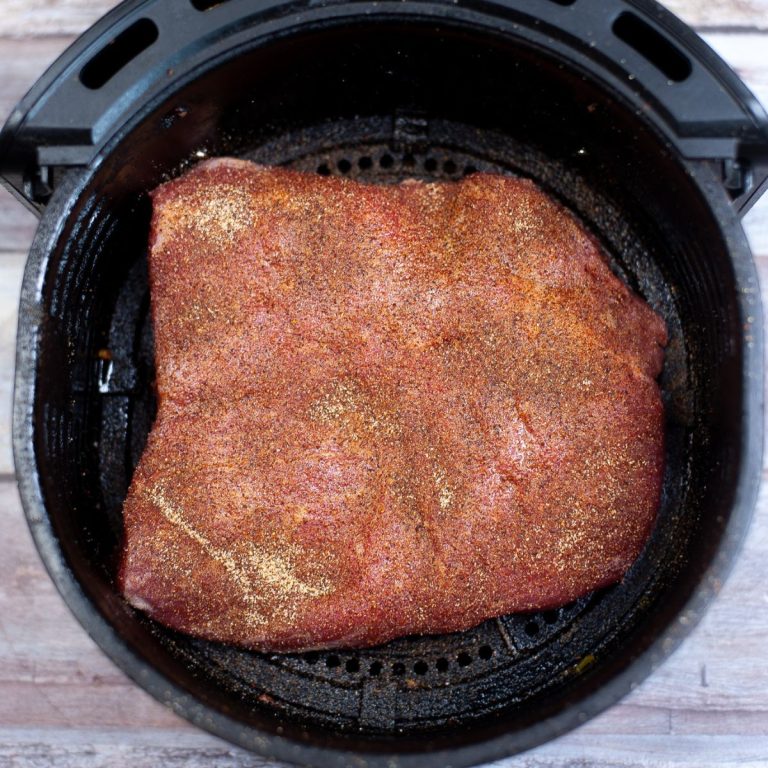15 Things You Should Never Feed Your Dog
This post may contain affiliate links.
When it comes to our dogs, not all foods are safe. While our furry friends might eagerly eye our meals, some everyday foods can be dangerous to them. As responsible pet owners, it’s crucial to be aware of these risks. Here’s a guide to 15 foods that should never be a part of your dog’s diet.
Chocolate

Chocolate contains theobromine and caffeine, which dogs cannot metabolize properly. Dark chocolate is especially toxic and can cause vomiting, diarrhea, irregular heart rhythms, seizures, and in severe cases, death.
Related: 30 Irresistible Chocolate Recipes You Don’t Have to Feel Guilty About Eating
Xylitol

Commonly found in sugar-free products, xylitol can cause a dangerous insulin spike in dogs, leading to a rapid drop in blood sugar, liver failure, and sometimes death.
Grapes and Raisins

Even in small amounts, grapes and raisins can cause kidney failure in dogs. The exact toxin is unknown, so it’s best to avoid them altogether.
Onions and Garlic

Onions, garlic, and other alliums can damage a dog’s red blood cells, leading to anemia. Symptoms may take a few days to appear but can include weakness, vomiting, and lethargy.
Avocado

Avocados contain persin, which can cause vomiting and diarrhea in dogs. The large pit also poses a choking hazard or could cause an intestinal blockage if swallowed.
Alcohol

Alcohol is extremely harmful to dogs, leading to vomiting, diarrhea, coordination issues, difficulty breathing, and even death. Dogs are much more sensitive to alcohol than humans, so keep it out of their reach.
Macadamia Nuts

Macadamia nuts can cause weakness, swollen limbs, panting, and tremors in dogs. Symptoms typically appear within 12 hours of ingestion.
Coffee and Caffeine

Caffeine is highly stimulating to a dog’s central nervous system and can cause restlessness, rapid breathing, heart palpitations, and muscle tremors.
Related: 9 Clever Ways to Make Your Old Coffee Grounds Useful Again
Cooked Bones

Cooked bones can splinter easily, causing blockages or tears in a dog’s digestive tract, which can lead to serious complications.
Yeast Dough

When ingested, yeast dough can ferment in a dog’s stomach, producing gas and leading to bloating and potentially a life-threatening rupture of the stomach or intestines.
Cherries

Cherries pose a risk due to the cyanide in their pits, leaves, and stems, which is toxic to dogs. Additionally, the pits can cause intestinal blockages.
Excessive Salt

Too much salt can lead to salt poisoning in dogs, with symptoms including vomiting, diarrhea, tremors, elevated body temperature, and seizures, which can be fatal in severe cases.
Related: 14 Surprising Uses for Salt That Don’t Involve Cooking
Fatty Foods

Foods high in fat can cause pancreatitis in dogs, a painful inflammation of the pancreas characterized by abdominal pain, vomiting, and diarrhea.
Hops

Hops, used in home brewing, can cause panting, increased heart rate, fever, seizures, and even death in dogs.
Raw Meat and Fish

Feeding dogs raw meat or fish can expose them to harmful bacteria like E. coli and Salmonella, as well as parasites, leading to serious illness.
How to Make Jerky Treats for Dogs

The method for making dog jerky is the same as making people jerky, only much easier because there’s no seasoning or marinating. Here’s how you can make homemade dog jerky treats. All natural and super tasty jerky.
How to Make Jerky Treats for Dogs
How to Raise Your Own Chickens

Here’s a guide on how to raise your own chickens to lay eggs and eat meat.






